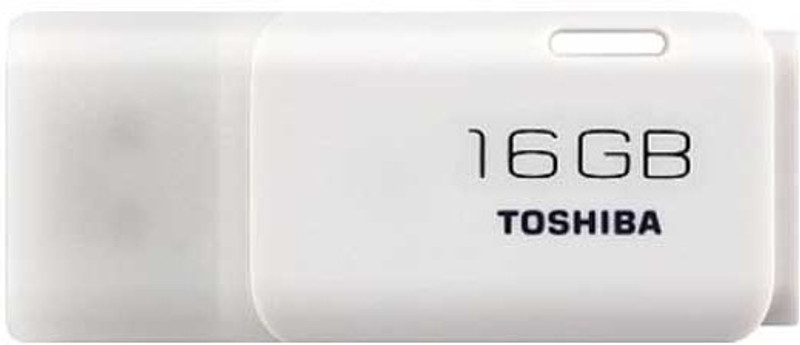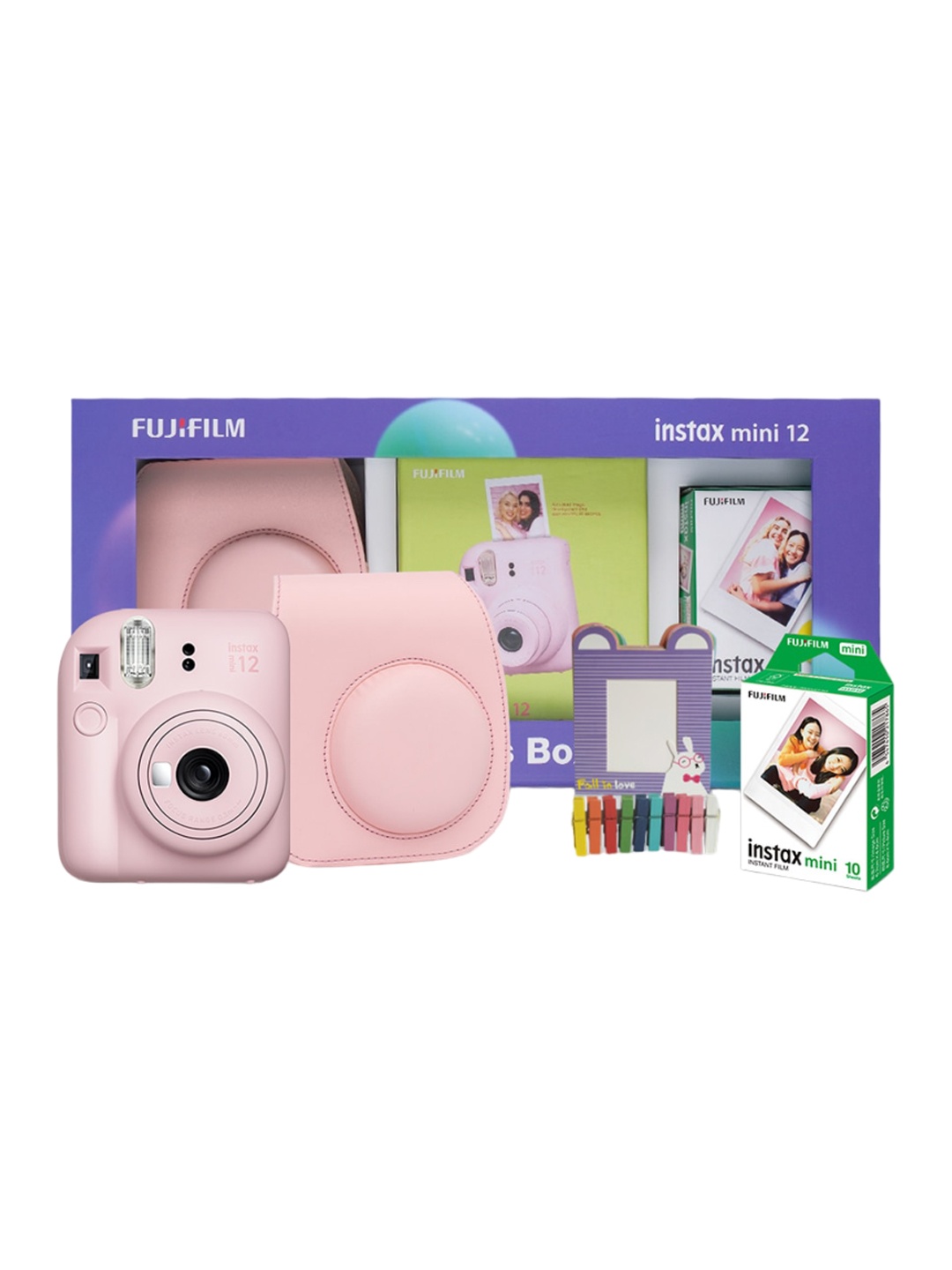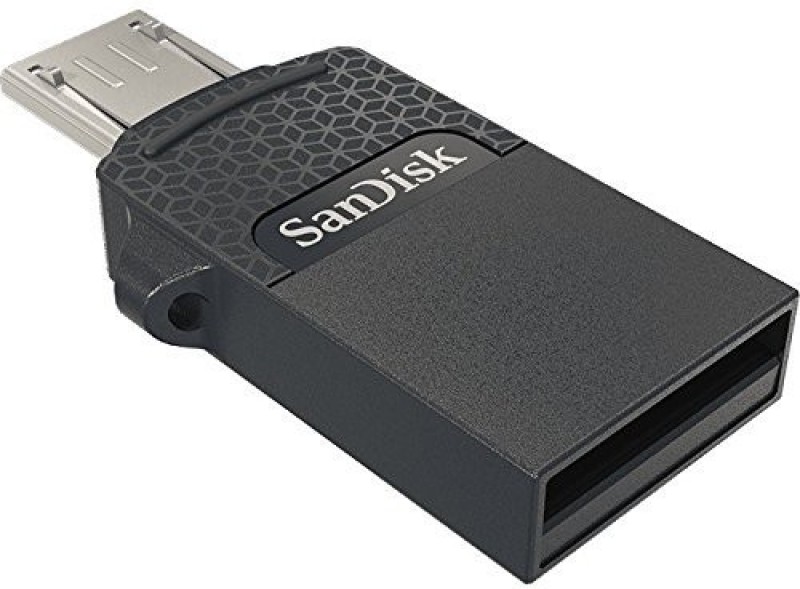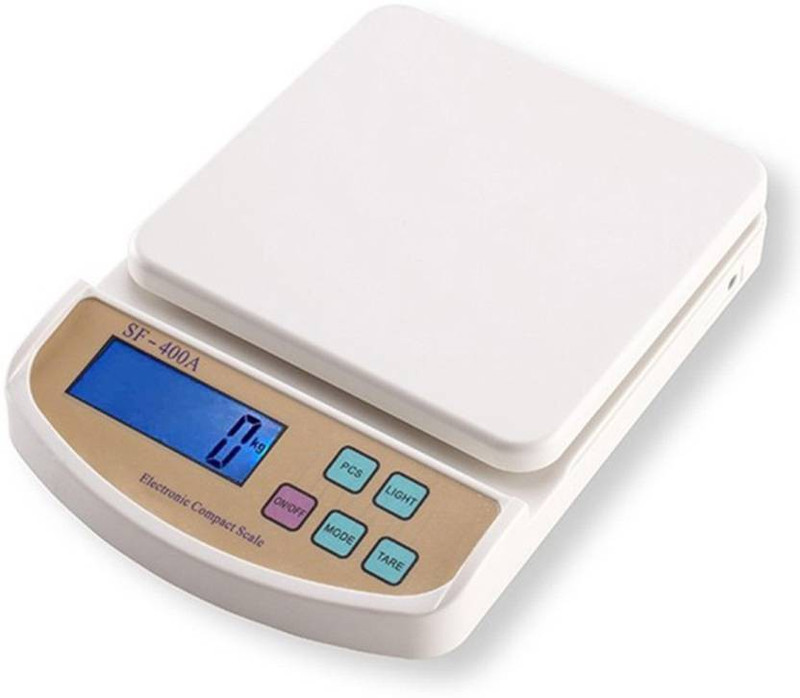Are Protein Supplements Safe? 8 Myth Busters And, From Nutrabay, MuscleBlaze To Amway, Here Are Top 10 On Amazon

Whether it's a post-workout shake, a breakfast smoothie, or a mid-afternoon boost, protein supplements have become a staple in kitchens, gym bags, and office drawers alike. Yes, there's no denying how mainstream these powders and bars have become. But as their popularity rises, so do the questions: Are they healthy? Do they damage kidneys? Is it just marketing hype? Or worse, are they secretly harmful in the long run? And notably, it's not just fitness enthusiasts asking these questions anymore. From teenagers hoping to bulk up to older adults managing dietary needs, protein supplementation has crossed age, gender, and lifestyle boundaries.
So, let's cut through the confusion and get real about whether protein supplements are safe, or if we're all just blending in with the buzz. And, check out the top protein supplements on Amazon from Nutrabay, MuscleBlaze, Amway, Ensure to Nakpro.
Also Read: Whey Protein For Muscle Repair And Strengthening: Here Are Our 10 Picks
Are Protein Supplements Safe? The Myths and Facts You Need to Know And The Top 10 Now On Amazon From Nutrabay, MuscleBlaze, Amway, Ensure to Nakpro; Photo Credit: Pexels
1. Myth: Protein Supplements Are Only for Bodybuilders
Let's get this one out of the way. There's a common belief that protein supplements are strictly for muscle men in tight vests, flexing at the squat rack. The truth? Protein is a macronutrient that every single person needs, not just those chasing bigger biceps.
Protein plays a vital role in building and repairing tissues, supporting immune function, and keeping you feeling full. Supplements can be helpful for athletes, yes, but they're also used by vegetarians, busy professionals, older adults, and even people recovering from illness. The powdered format just makes it more accessible and convenient. So, no, you don't need to bench press your bodyweight to justify a protein shake.
2. Fact: Too Much Protein Can Stress Your Kidneys, But Only in Specific Cases
This is where things get murky. Many people have heard that protein damages the kidneys. But here's the nuance: in healthy individuals, consuming moderate to high amounts of protein through food and supplements typically does not lead to kidney damage. Your body can handle it.
However, if someone already has a pre-existing kidney condition, then excessive protein intake can exacerbate the problem. For the average person? It's unlikely to be harmful, especially if the intake is within recommended limits (roughly 0.8 to 1.6 grams of protein per kilogram of body weight depending on activity levels).
Moral of the story: Know your body, consult your doctor if unsure, and don't blindly chug 4 scoops of whey a day.
3. Myth: All Protein Powders Are Full of Harmful Chemicals
This one stems from fear-mongering headlines. Yes, there have been cases where shady supplement brands included harmful additives or didn't meet safety standards. But that's not the full story.
Many reputable brands go through third-party testing and are transparent about their ingredients. You'll find plant-based proteins made from peas, rice, or hemp, as well as grass-fed whey options with minimal ingredients and no artificial nasties.
The trick lies in reading the label and picking quality products. Avoid anything with a laundry list of unpronounceable chemicals or flashy claims. Just like with food, less is often more.
4. Fact: Some Protein Powders May Contain Allergens or Contaminants
Here's a serious consideration: protein supplements, especially those that are not rigorously tested, may contain allergens like soy, dairy, or gluten, as well as traces of heavy metals or banned substances. This is particularly crucial for athletes who undergo drug testing or individuals with severe food intolerances.
In 2018, a study by the Clean Label Project found that some protein powders contained lead, arsenic, or BPA. That said, not all supplements are created equal. Choosing brands with certifications like NSF Certified for Sport or Informed-Choice can significantly reduce risk.
Your takeaway? Don't just buy the first protein on sale. Choose well-tested options, especially if you have specific sensitivities or dietary restrictions.
5. Myth: You'll Get Fat if You Take Protein and Don't Exercise
The idea that protein shakes will make you balloon up if you're not working out is misleading. Protein in itself doesn't cause weight gain; excess calories do. Whether those calories come from protein, carbs, or fat, the math stays the same.
Protein is more satiating than carbs or fats, which means you're likely to feel full for longer. That could help reduce unnecessary snacking and manage your overall calorie intake.
Of course, if you're drinking three shakes a day on top of your regular meals, you're likely overdoing it. But when used mindfully, protein supplements can support, not sabotage, your goals.
6. Fact: Not All Proteins Are Created Equal
Let's talk quality. There are different types of protein supplements, whey, casein, soy, pea, hemp, and blends. Whey protein is considered a “complete” protein because it contains all nine essential amino acids, and it's fast-digesting, making it ideal post-workout. Casein digests more slowly and is often used before bed.
Plant proteins are improving in quality but may lack one or two amino acids unless blended. For vegans, a combination of sources (like pea and rice) can provide a complete profile.
Also, not all proteins are absorbed equally by the body. The “bioavailability” or digestibility score matters, especially for people relying heavily on supplements for their daily protein needs.
7. Myth: Natural Food Is Always Better Than Protein Powders
While whole foods should ideally make up the bulk of your protein intake, think eggs, lentils, yoghurt, fish, and tofu, supplements have their place. They're not a replacement for meals, but they're a practical bridge when real food isn't available or sufficient.
For someone working a night shift, travelling constantly, or managing a poor appetite, a protein shake might be more achievable than cooking a full meal. It's about balance and context, not hard rules.
And sometimes, blending up a banana with some oats and whey powder beats another skipped breakfast, doesn't it?
8. Fact: Protein Needs Vary from Person to Person
There's no one-size-fits-all when it comes to protein intake. Age, gender, activity level, and health goals all play a part. An elite athlete, for example, might require double the protein of a sedentary adult. Likewise, someone trying to lose fat while maintaining muscle will need more than someone who just wants general wellness.
The myth that “more is always better” also needs busting. Excess protein, especially from supplements, won't necessarily lead to faster results; it could just end up as expensive urine.
Use tools like protein calculators or consult a nutritionist to find the sweet spot for your lifestyle. And remember: consistency matters more than occasional excess.
Nutrabay, MuscleBlaze, Amway, Ensure To Nakpro, 10 Products Related To This Article On Amazon
1. Nutrabay Gold 100% Whey Protein Concentrate with Digestive Enzymes
2. TruNativ Raw Whey Protein Concentrate Powder for Muscle Support & Recovery
3. Bigmuscles Nutrition Premium Gold Whey
4. The Whole Truth 15g Protein/Scoop
5. Nestle Health Science, Resource High Protein
6. MuscleBlaze Beginner's Whey Protein
7. Amway Nutrilite All Plant Protein
8. Daily Protein Shake With Hebrs
9. Ensure No 1 Nutritional Supplement Drink in the world
10. Nakpro Perform Whey Protein Concentrate
Protein supplements aren't magical muscle dust, nor are they poison in disguise. Like most things in health, it's about context, quality, and common sense. If you're getting enough protein through a varied diet and don't feel the need for a shake, that's perfectly fine. But if your lifestyle or goals require a little help in the protein department, supplements can be a safe and helpful option.
What matters most is being informed, knowing what you're buying and consuming, why you're taking it, and how it fits into your overall health plan. That means, whenever you are looking to buy one, make sure you check these 10 protein supplements on Amazon from Nutrabay, MuscleBlaze, Amway, Ensure to Nakpro.
So the next time someone tells you protein powders are either a miracle or a menace, you'll know the truth lies somewhere in the middle. And the truth? It's worth a shake.
Disclaimer: The images used in this article are for illustration purpose only. They may not be an exact representation of the products, categories and brands listed in this article.






























